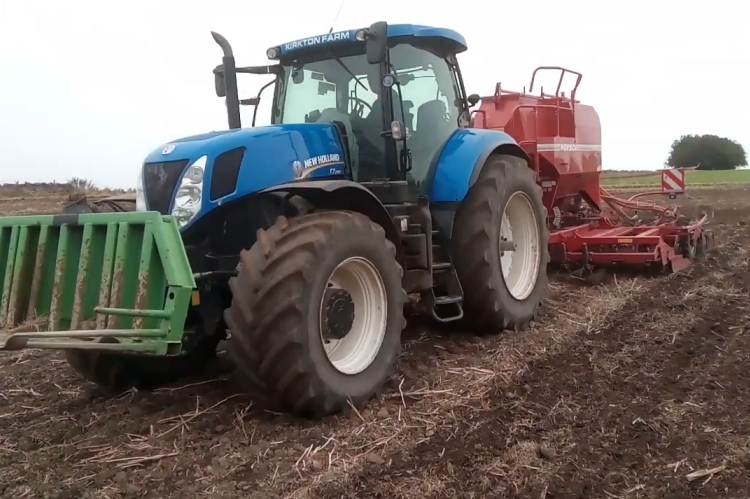Changes to Red Diesel Regulations from 1 April 2022
18 March 2022The rules and regulations regarding the use of red diesel have always been tightly controlled. Red diesel accounts for around 15% of all the diesel used in the UK and is responsible for the production of nearly 14 million tonnes of carbon dioxide a year. Therefore, to help the UK Government meet its air quality and climate change targets by encouraging users to seek out ‘greener’ energy, the DVLA has announced that the rules regarding the use of red diesel will change on the 1st of April 2022.
From the 1st of April 2022, the sectors permitted to use red diesel for accepted purposes are:
- agriculture, horticulture, forestry, and fish farming,
- fuel used for non-commercial purposes – electricity generation and heating,
- community sports clubs and golf courses, sailing, boating and marine transport,
- rail transport (passenger and freight), and travelling fairs and travelling circuses
Accepted Purposes
The accepted purposes for using red diesel from the 1st of April 2022 are:
- farm work,
- flood or snow clearance,
- gritting, or
- roadside hedge and verge cutting,
Going forward, as a rough rule of thumb: you may use red diesel in your vehicle if you do not keep or use it on a public road, for example if it’s used only on private land, providing:
- your vehicle is not licensed by the DVLA to use the road – licensed means taxed, even at a nil rate (the list of exempt vehicles can be found here or
- you have made a SORN to the DVLA, if you are required to.
Farm businesses and contractors who have contracts with the construction industry and/or are involved in amenity work such as sports field mowing or trimming hedges around car parks must use white diesel. All operators are advised to carry copies of fuel receipts and operational logs to provide proof that the fuel being used complies with the new laws.
Further sources of information:
UK Government – New Regulations
National Association of Agricultural Contractors (NAAC)
Sources of information used in the article
- What is red diesel? https://www.nationwidefuels.co.uk/faq/red-diesel-faq/#what_is_red_diesel
- When rebated fuel can be used https://www.gov.uk/government/publications/changes-to-rebated-fuels-entitlement-from-1-april-2022/check-when-rebated-fuel-can-be-used#:~:text=From%201%20April%202022%2C%20rebated,vehiclesGuidance
- Guidance: Fuels for use in vehicles (Excise Notice 75) https://www.gov.uk/guidance/fuels-for-use-in-vehicles-excise-notice-75#:~:text=You%20may%20use%20red%20diesel,if%20you%20are%20required%20to
- Policy paper: Reform of red diesel and other rebated fuels entitlement – Updated 29 November 2021
- Red diesel is responsible for 14 million tonnes of CO2 released every year https://www.gov.uk/government/publications/reform-of-red-diesel-entitlements/reform-of-red-diesel-and-other-rebated-fuels-entitlement https://www.nationwidefuels.co.uk/news/red-diesel-ban/
- Don’t get caught out by new red diesel rules, NAAC warns https://www.fwi.co.uk/machinery/dont-get-caught-out-by-new-red-diesel-rules-naac-warns
Sign up to the FAS newsletter
Receive updates on news, events and publications from Scotland’s Farm Advisory Service

